As most of you are aware by now, our coffee is Fairtrade and we are proud to work with some amazing producers. Fairtrade isn’t just a label for us, it’s so much more. Not only does it help our farmers receive a fairer wage, it allows them to invest their Fairtrade Premium to improve their coffee-growing community. We know our farmers, we know the people involved in the coffee bean process. One of those people is Lenin Gomez, Commercial Assistant for the Sol Y Café co-op. He works very closely with the farmers, as well as playing a key part in exporting the coffee from the co-op. We had a zoom call with him to find out what Fairtrade means to him.
So Lenin, tell us little bit about yourself
I am 32 years old.
I have a degree in International Business. My father is an elementary school teacher and my mother is a coffee farmer. I started working at Sol Y Café in January 2015. Since then I have been working in the Commercial Department. Most of the time, I am working with contracts, prices, logistics, documents. It is strange to come to an office every day.

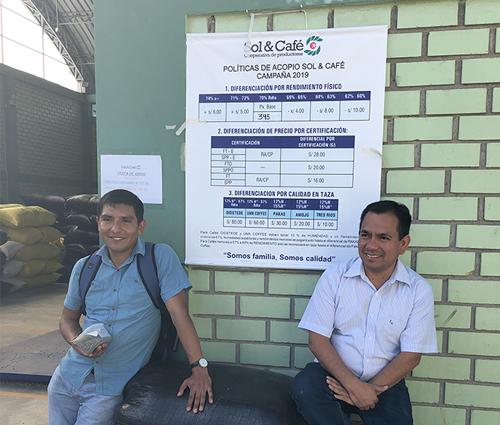
What does a typical day look like for you?
My day starts early with a good breakfast and a good cup of coffee when I arrive at the office. Everyone says hello, Peruvians are very friendly. Then I check my emails and I try to reply to all of them. Usually I am in virtual meetings or making sure all the shipments are okay, giving approvals to all the export documents, coordinating activities with my colleagues at the Commercial Department. My department includes Javier Domínguez (who is the Commercial Manager) and Cornelio Altamirano (who is the newest member in our team). I’m very lucky because I work with an amazing team.
With the current pandemic all the staff at Sol Y Café currently have lunch at the office. This wasn’t common before; the food service is available for all the members/farmers.
What do you love about your job?
What I love most about my job is to learn about people and cultures from different countries. I improved my English and share my experiences with the people I work with. Coffee brings people closer together. It is a big world, there’s so many different aspects you can learn and make a career out of it.
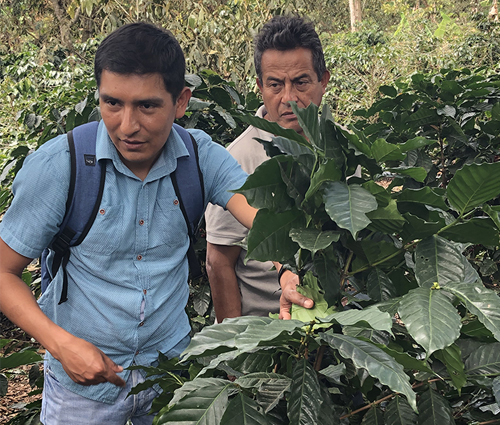
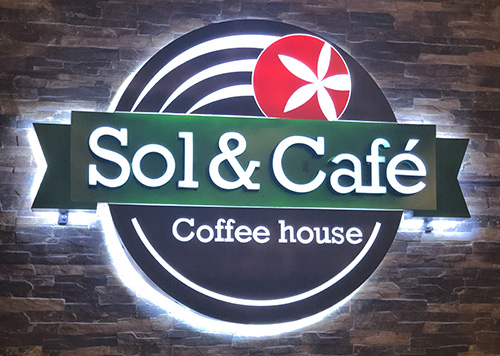
What projects/initiatives/improvements have you been able to make using your Fairtrade Premium?
With the Fairtrade premium, my colleagues and I have able to get access to training in risk prices, certifications and cupping. With the current situation, the Fairtrade premium is focused on giving better prices to the farmers. Local prices are getting higher and higher. This is a big challenge for us as a cooperative. Sol Y Café worked hard to not make any redundancies with the ongoing pandemic. All of this is thanks to the Fairtrade premium.
What has been the feedback from co-op members and their families?
As member of a coffee family, growing up in the countryside in the 90s / 2000s, returning home after I finished my professional career at university, I could see how growing coffee had changed. I realised that it was all different, it had changed for families for the better. With new areas to grow coffee, people began to see more opportunities. They started talking about certifications, about the yield and a score with the cup and how to dry the coffee. I saw an opportunity to start working with coffee.
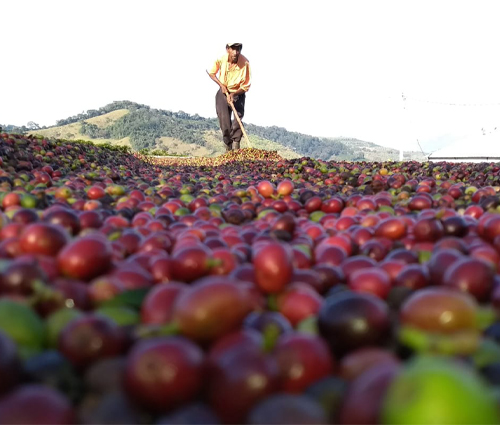
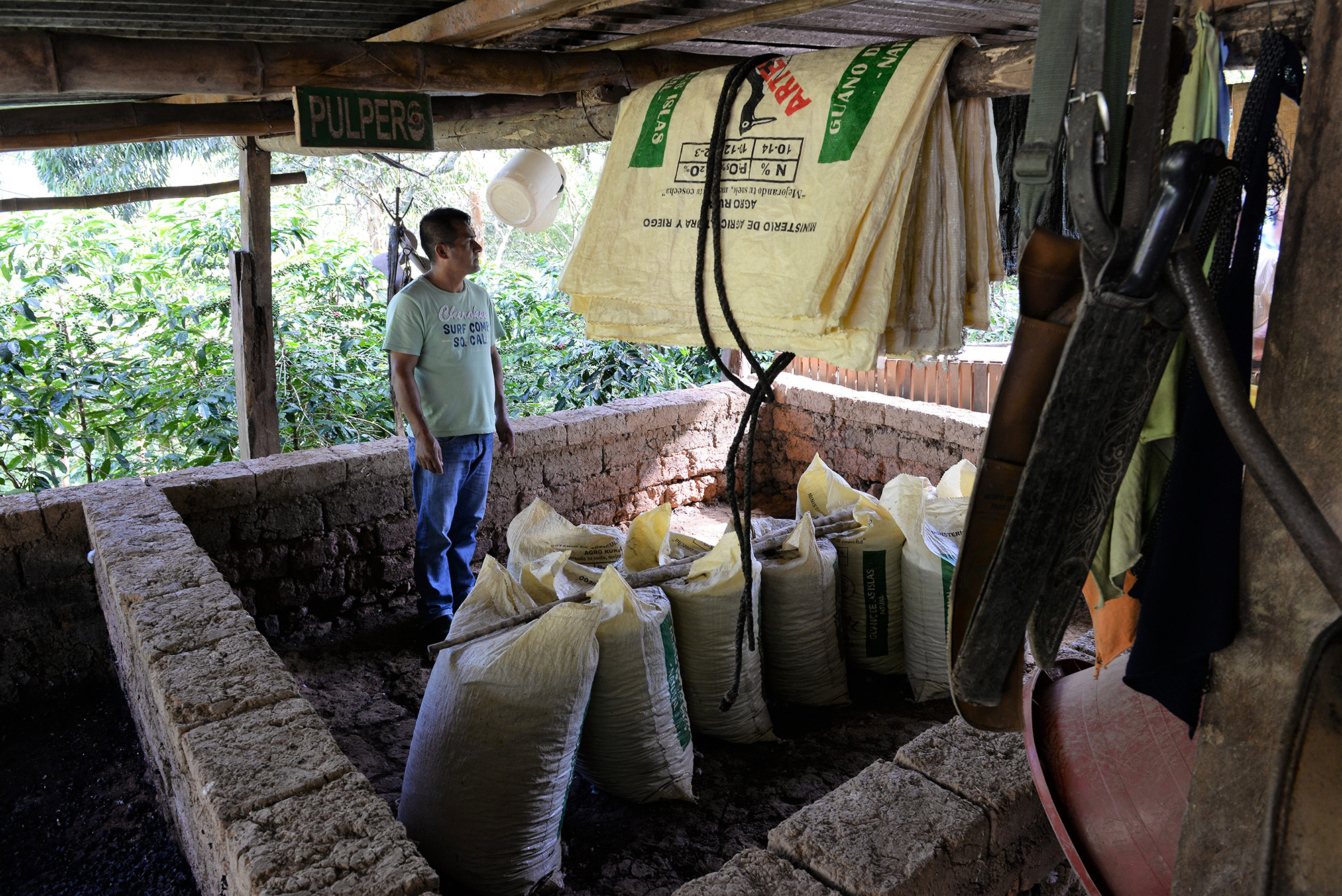
Why is Fairtrade important to you?
Fairtrade is very important because I think it changed the way to produce and sell coffee in Peru. With a new generation of co-ops in Perú in the late 90s and early 2000s, they invested in technical assistance in topics like quality, production and varieties of coffee. The co-ops gave empowerment to all the farmers, they increased their self-esteem. That’s the reason the quality of the Peruvian coffee has been increasing. The Fairtrade premium meant that the co-ops are more competitive with the national and international big companies. In the end, all the coffee farmers won, because they could access better prices.
What are your plans for the future?
My plans for future are to make a Master of Business Administration or a similar qualification related to the risk of the future prices or International finances. After COVID-19 for sure. I love my job and I would like to continue working on it. I still have hope that in the following years, the current situation will improve. And the most important thing in life for me is to be happy.
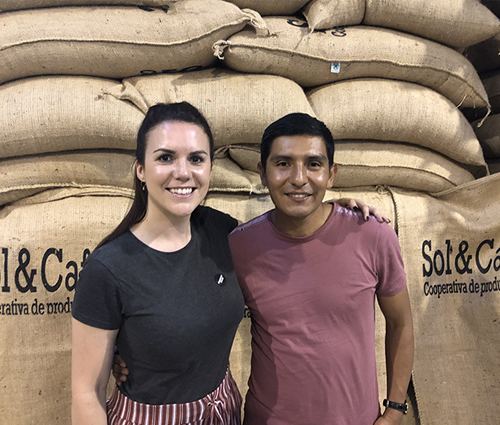
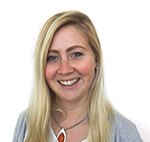
By Robyn Chamberlain-Webber
Smokin’ Bean Marketing Assistant